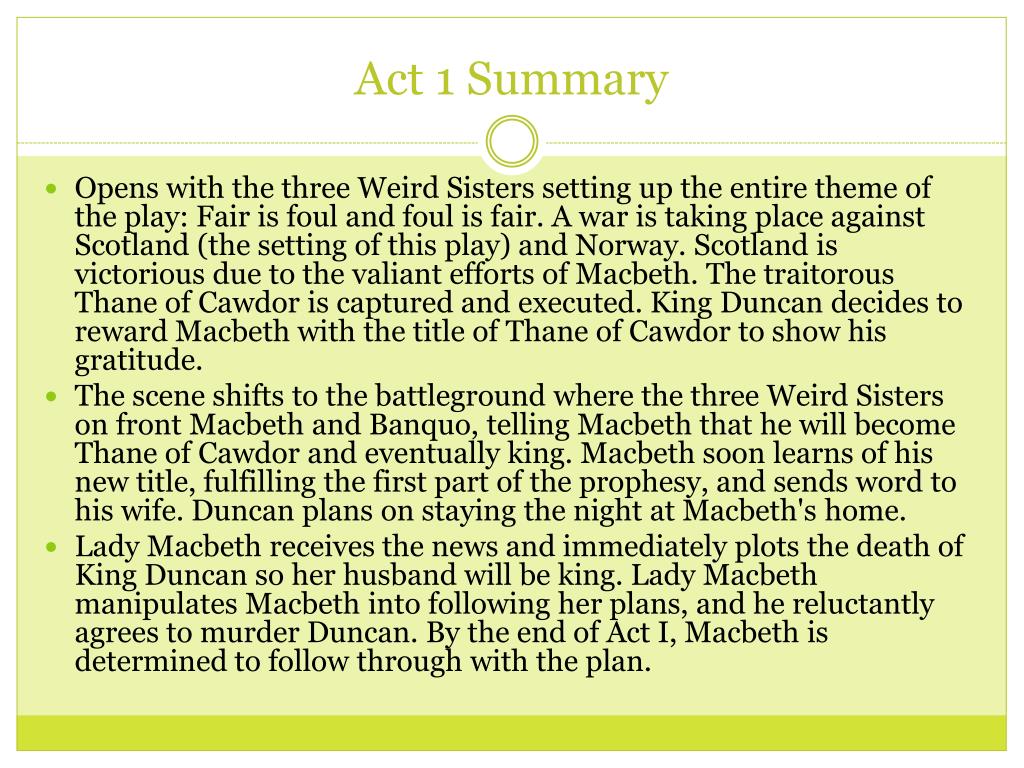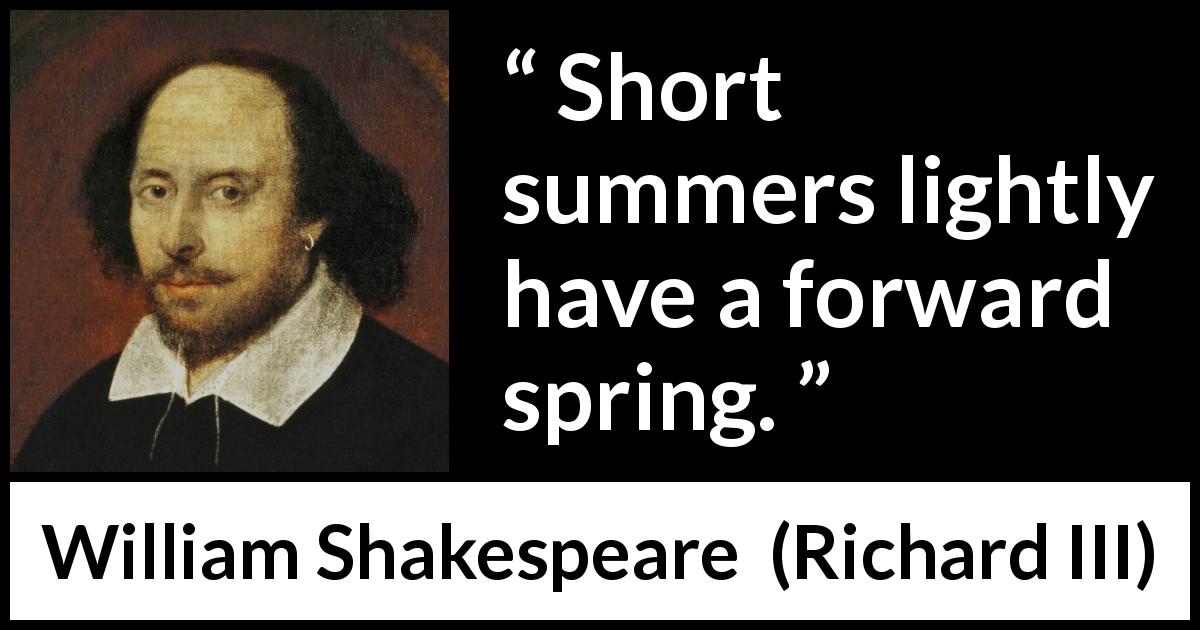

Touchstone is a clever and somewhat cynical fool, although, it is referenced often in the text that he is a “natural” fool (“Fortune makes Nature’s natural the cutter-off of Nature’s wit” and “hath sent this natural for our whetstone”). He is an observer of human nature, and comments on the other characters throughout the play, contributing to a better understanding of the action. Touchstone is Duke Frederick’s court jester, notable for his quick wit.

“The more pity, that fools may not speak wisely what wise men do foolishly.” He is referred to by name only once during the play, otherwise he is addressed only as “Fool,” while in the stage directions he is mentioned as “Clown.” Certainly, he seems to leave Olivia’s house and return at his desire a little too freely for a servant, weaving in and out of the action with the sort of impunity reserved for a person nobody took seriously.

Indeed, there are times when he appears almost omnipresent, knowing more about Viola/Cesario’s disguise than he lets on. Feste claims that he wears “not motley” in his brain, so even though he dresses the part of the fool, he is not an idiot, and can see through the other characters. “Many a good hanging prevents a bad marriage.”įeste is a fool for the Countess Olivia and seems to have been attached to the household for some time, as a “fool that the Lady Olivia’s father took much delight in”. Who are your favourite Shakespearean fools? Let us know in the comments. Below is just a handful of Shakespearean fools from a selection of his tragedies, comedies, and more. Since today is April Fools’ Day, we wanted to take a look at some of the most famous fools in literature: those written by Shakespeare.


 0 kommentar(er)
0 kommentar(er)
